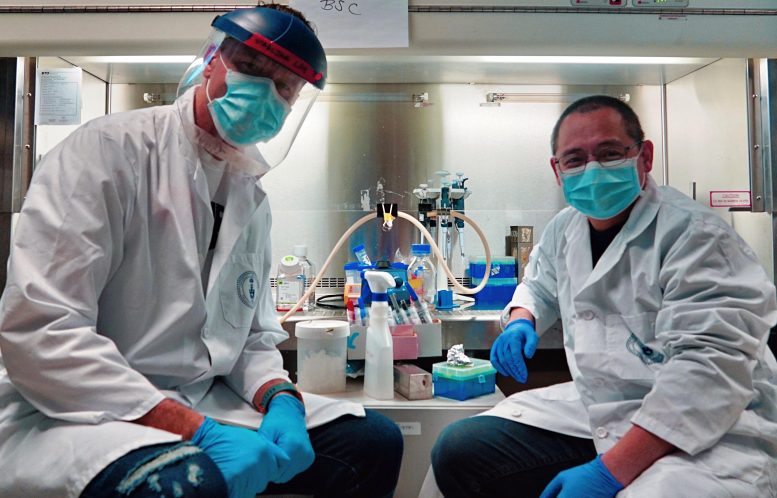
Co-inventors Igor Stagljar, investigator at the Donnelly Centre and U of T professor, and Zhong Yao, senior research associate at the Donnelly Centre. Credit: Farzaneh Aboualizadeh
Igor Stagljar made his career building molecular tools to combat cancer. But when the pandemic hit last March, he aimed his expertise at a new adversary, SARS-CoV-2.
Stagljar is a professor of biochemistry and molecular genetics in the Donnelly Centre for Cellular and Biomolecular Research at U of T’s Temerty Faculty of Medicine. Last spring, with support from U of T’s Toronto COVID-19 Action Fund, his team began developing a new method for measuring immunity to coronavirus in those who recovered from COVID-19.
They are now ready to reveal their creation — a pinprick test that accurately measures in under one hour concentration of coronavirus antibodies in the blood. And it’s cheap, costing a toonie (CAD $2, US $1.59) or about a tenth of the cost of the market gold standard.
Their method has been published in a study in the journal Nature Communications.
“Our assay is as sensitive, if not better than any other currently available assay in detecting low levels of IgG antibodies, and its specificity, also known as false-positive rate, is as good as the best antibody test on the market,” said Stagljar who collaborated with public health agencies and blood banks from across Canada to have the test validated on blood samples taken from former COVID-19 patients.
Serological tests detect antibodies, protein molecules in blood that recognize and neutralize Sars-CoV-2 to prevent infection. Such tests are seen as a key tool for public health experts wanting to measure population immunity to be better able to manage the ongoing pandemic.
According to a January report by the National COVID Immunity Task Force, the majority of Canadians remain vulnerable to coronavirus infection with less than two percent testing positive for antibodies.
Population-level studies can also help reveal the duration of coronavirus immunity across patients who had different experiences of disease, from asymptomatic to severe. They also have the potential to reveal the threshold antibody level required for protection after natural infection and vaccination.
“That level is still to be determined, but we do know that people who have been infected with SARS-CoV-2 have very diverse levels of antibodies, and it would not be surprising to find that below some baseline level they might not be protective,” said Zhong Yao, senior research associate in Stagljar’s lab and coinventor of the testing method.
Several serological tests have received regulatory approval with ELISA-based methods as the gold standard when it comes to measuring antibody concentration as a strength of individual immune response. But it comprises several laboratory steps that take six hours to complete, making it unsuitable for rapid diagnostics. Simpler methods using test strips, similar to pregnancy tests, provide fast results but are not quantitative and are less reliable.
The new method is called SATiN, for Serological Assay based on split Tripart Nanoluciferase. It is the first COVID-19 serology test that uses highly sensitive protein complementation chemistry in which a light-emitting luciferase protein is reconstituted from separate fragments as test readout.
Luciferase is initially supplied in fragments that cannot glow on their own. One piece is attached on the viral spike protein, which antibodies bind to neutralize the virus, while another is hooked to a bacterial protein that antibodies also interact with. By binding simultaneously to the coronavirus spike protein and the bacterial protein, the antibody helps lock luciferase pieces together into a whole molecule. A flash of light ensues whose intensity is detected and converted into antibody concentration by a plate reader instrument. All reagents can be prepared from scratch and in bulk and this keeps the cost down.
Stagljar is now working with U of T’s intellectual property office and Toronto Innovation Acceleration Partners to find industry partners that would help make the method widely available. He is also collaborating with Dr. Prabhat Jha, Director of the Centre for Global Health Research at St. Michael’s Hospital and a professor at U of T’s Dalla Lana School of Public Health, who is leading a long-term study to establish the duration of immunity across 10,000 Canadians. In another project, Stagljar is working with Dr. Allison McGeer, Senior Clinician Scientist at Sinai Health System and also a professor at Dalla Lana, to assess antibody levels in people after vaccination.
“It’s really useful to have that quantitative ability to know what someone’s antibody status is, whether it’s from a past infection or a vaccination. This will be of crucial importance for the next stage of the pandemic, especially now when governments of all countries started with mass vaccinations with recently approved anti-COVID-19 vaccines,” Stagljar said.
Reference: “A homogeneous split-luciferase assay for rapid and sensitive detection of anti-SARS CoV-2 antibodies” by Zhong Yao, Luka Drecun, Farzaneh Aboualizadeh, Sun Jin Kim, Zhijie Li, Heidi Wood, Emelissa J. Valcourt, Kathy Manguiat, Simon Plenderleith, Lily Yip, Xinliu Li, Zoe Zhong, Feng Yun Yue, Tatiana Closas, Jamie Snider, Jelena Tomic, Steven J. Drews, Michael A. Drebot, Allison McGeer, Mario Ostrowski, Samira Mubareka, James M. Rini, Shawn Owen and Igor Stagljar, 22 March 2021, Nature Communications.
DOI: 10.1038/s41467-021-22102-6

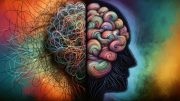
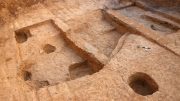
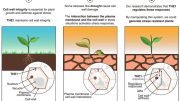
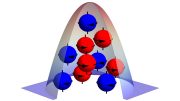
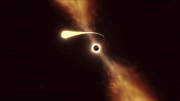
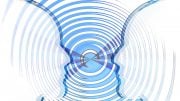
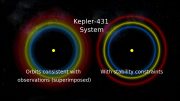
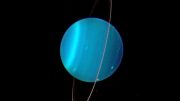
I’m sure I won’t be able to get a simple test like this due to our local Dr’s in CT being brain washed by the CDC to not give out the tests because it may give people a false sense of security. Personally is should be the patients choice if they want the test and the patients choice if they want a vaccine. The more info we have the better and this test supplies info. I personally am 99% sure I had the virus as I was exposed living with my elderly parents who where both diagnosed with covid at the time I was taking care of them and all I had was a slight headache and fever for 1 day. Now if that is all I have from the virus and I have antibodies then I”m not getting the vaccine until I find out more info on the safety and this should be my choice. Now if i took the antibody test and it came up i did not have covid then I would be more inclined to get the vaccine….but again it is not my choice to get the test it is my Dr’s which is total BS. I still would respect the mask rules and social distance for the sake of others who are more susceptible to the virus. Also when my Dr. tells me I can’t get the test this only makes me trust Dr’s even less. I already think of them as drug pushers for major drug companies though past experience as they typically mask a symptom and don’t get to the root of the problem.